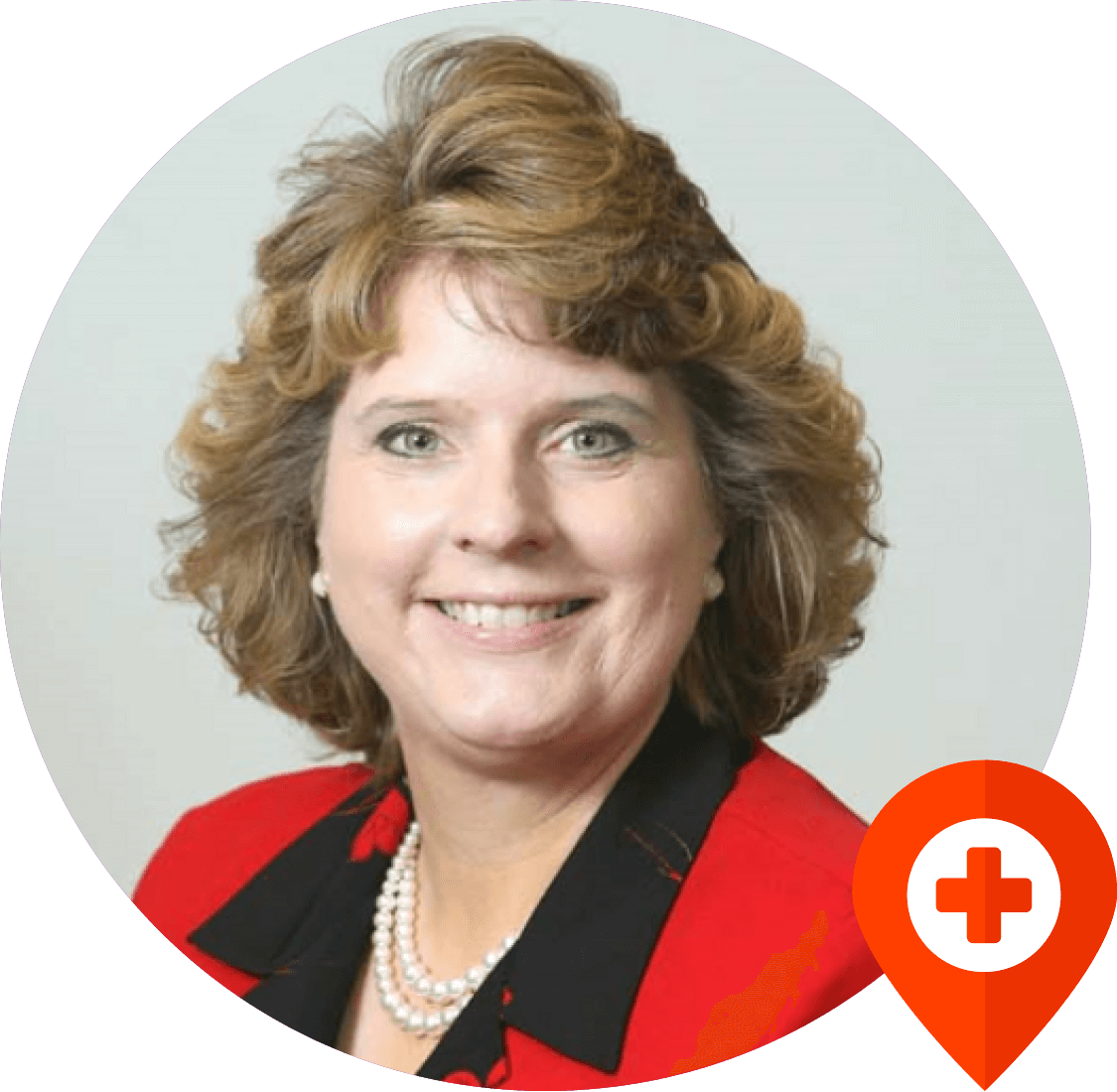
Schools are where mental health concerns are often first noticed.
As such, school-based mental health is becoming a vital part of student support systems. Partnerships that address the mental health and developmental needs of children are key to improving the learning environment and academic performance.
There is a silo mentality between schools and mental health providers.
The reality is that, to improve our system of mental health services, neither the mental health sector nor the education sector can afford to go at it alone. Our strategy is to partner with educators and leverage the strengths and resources of each system to eliminate the siloed and fragmented mental health care for children in need. That is why we utilize the Team-Based Care model.
The Team-Based Care approach is simple.
Include members of the school as part of the team. All working together toward a collective goal. Keeping every member of the child’s team on the same page at the same time.


Meet The Founder
Sue Gehling ARNP, MSN, a Psychiatric Nurse Practitioner, is the founder of Classroom Clinic. She grew up on a farm in western Iowa, and understands the rural lifestyle. In fact, her graduating class only had 42 students, and she often walked beans or detasseled corn to earn money. She has worked in the healthcare field for over 30 years.

Q: Why did you start a school-based telehealth company?
A: I was frustrated. I have lived in rural Iowa my entire life and believe it is a great place to raise my children. But families in rural communities lack access to critical children’s services. As a psychiatric provider, I have listened to the frustrations and felt the despair of many families over the years. That anguish is what motivated me to try and make a difference.
Q: Why work with schools?


